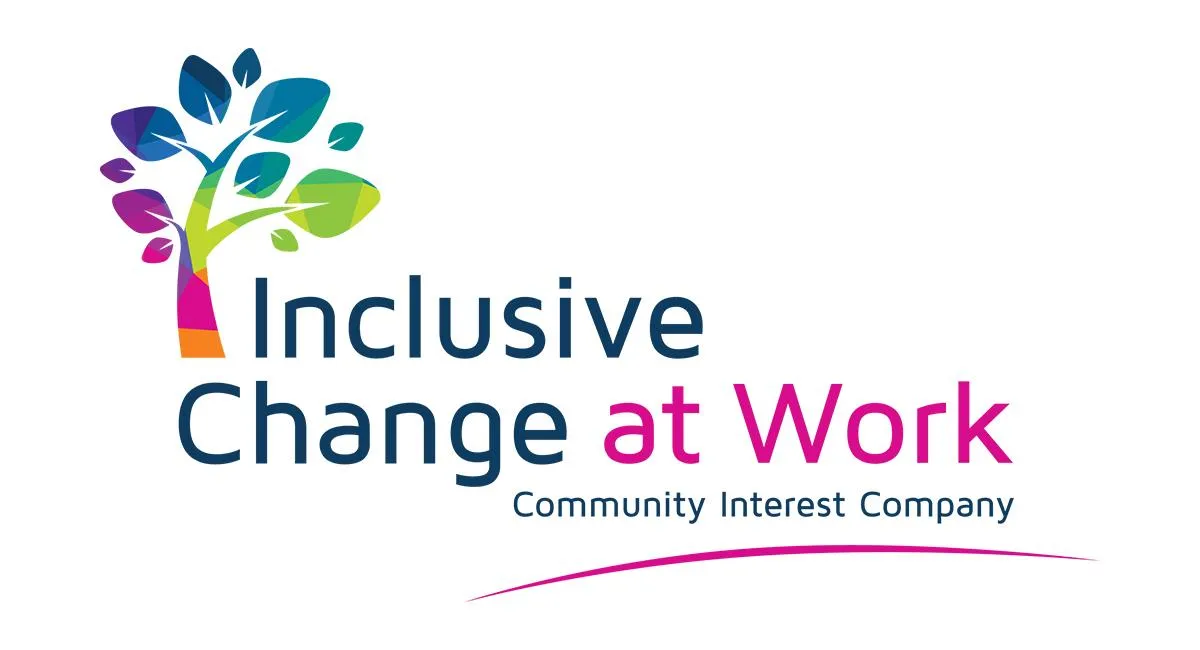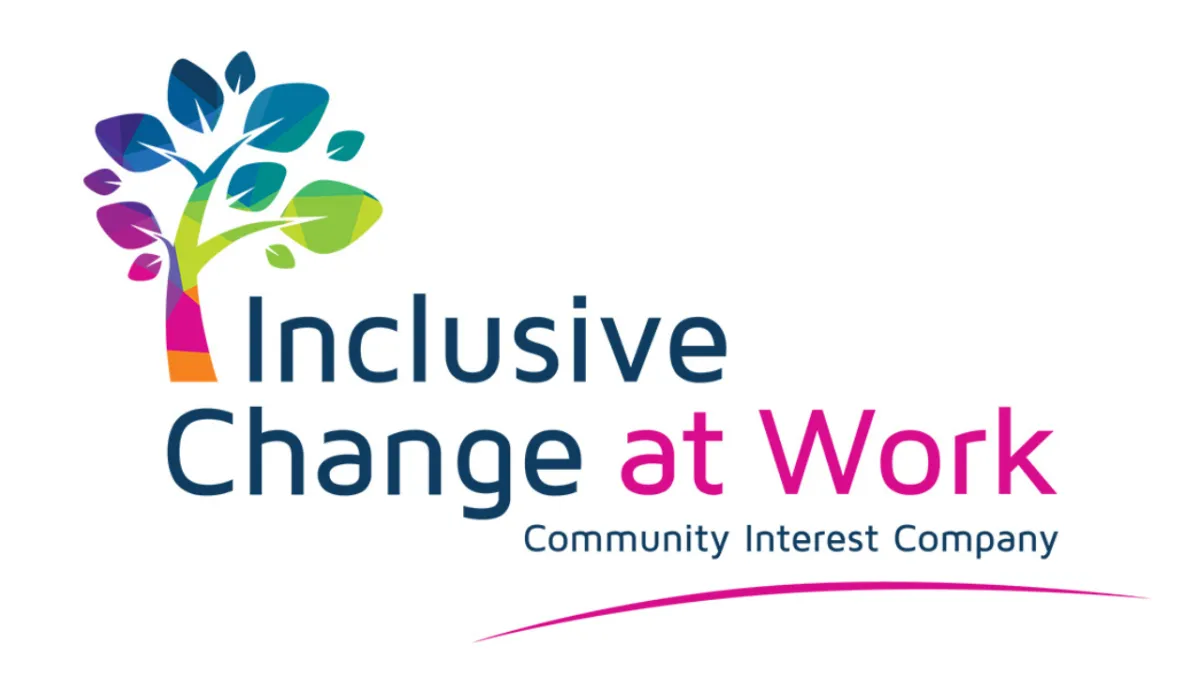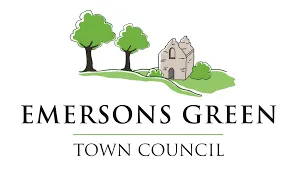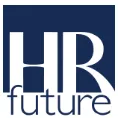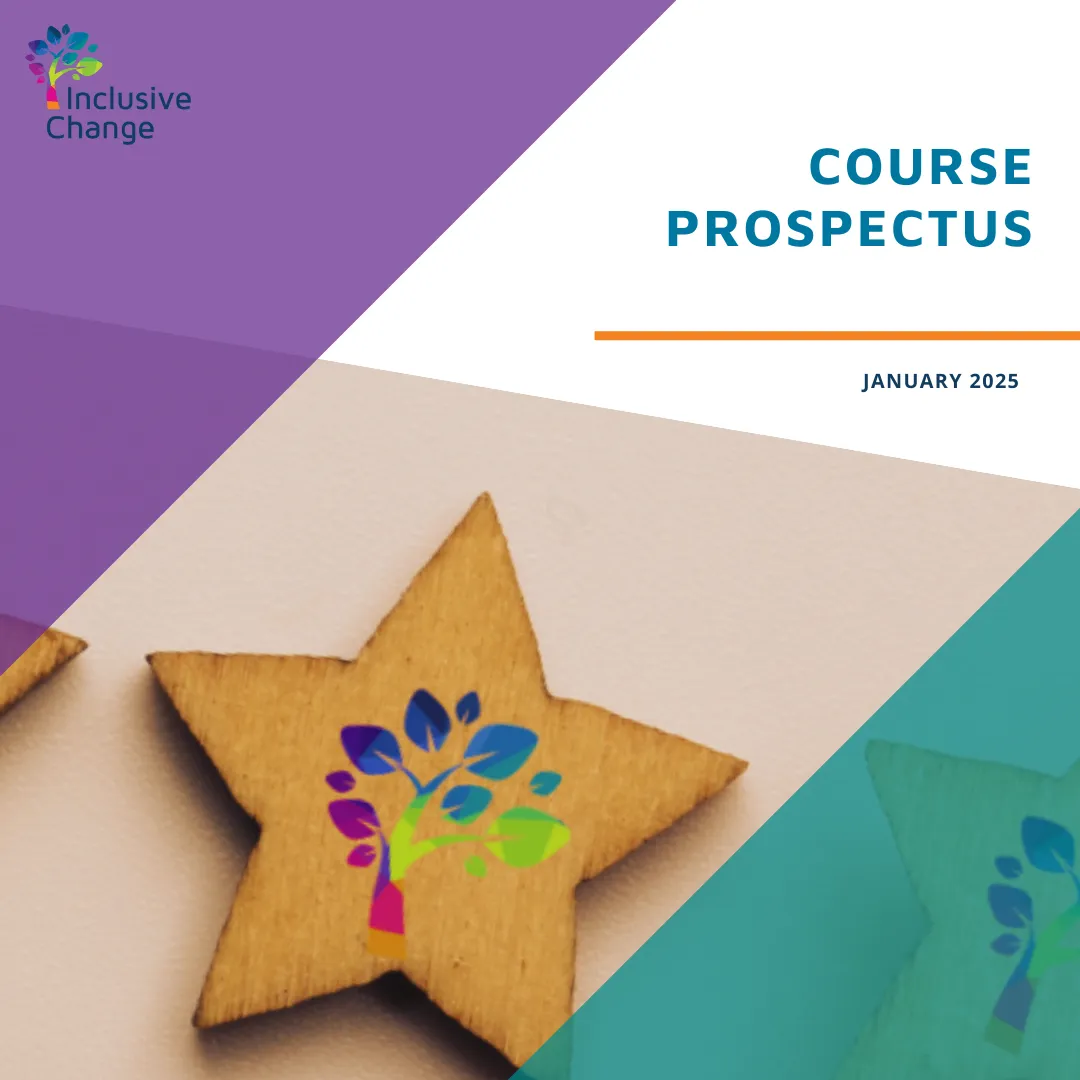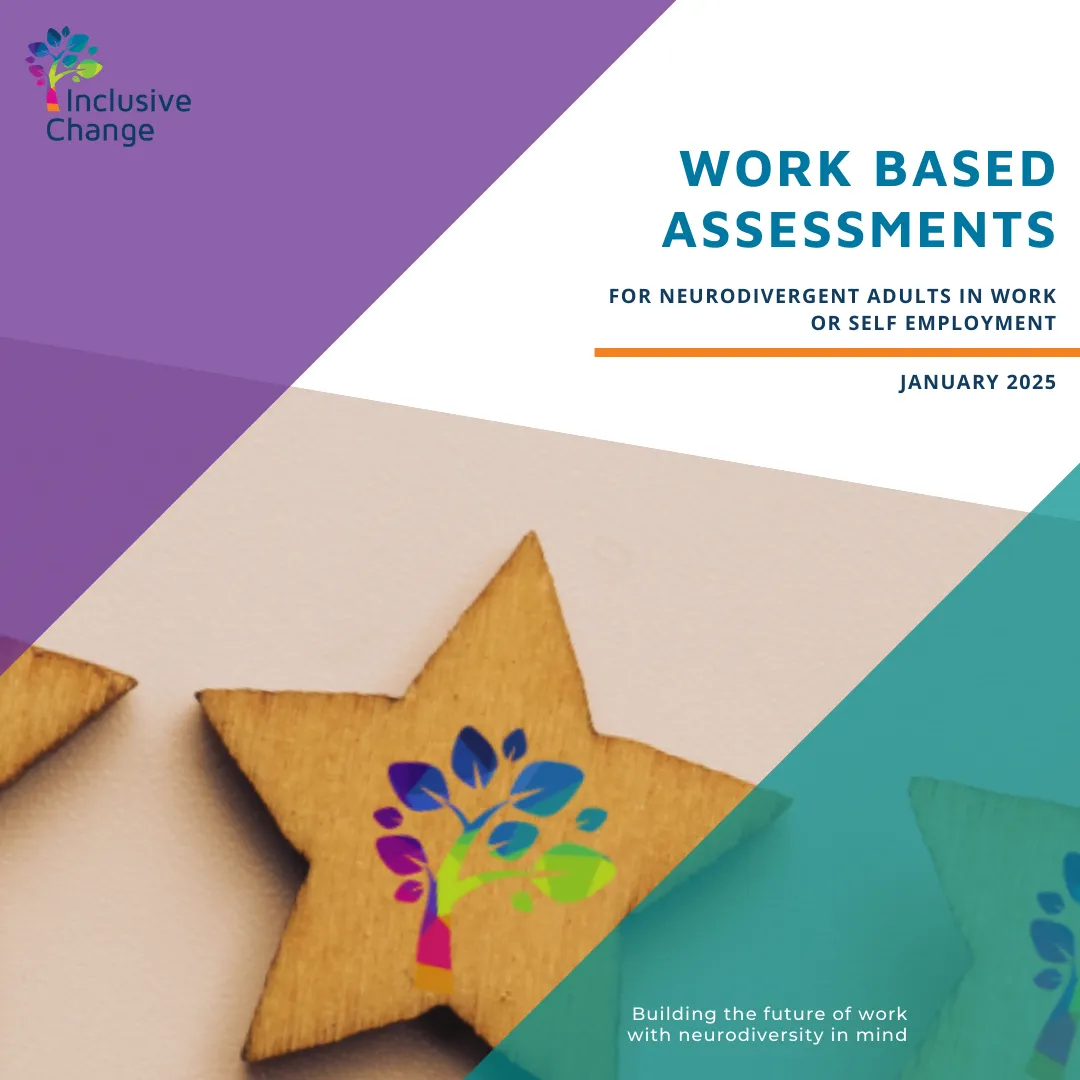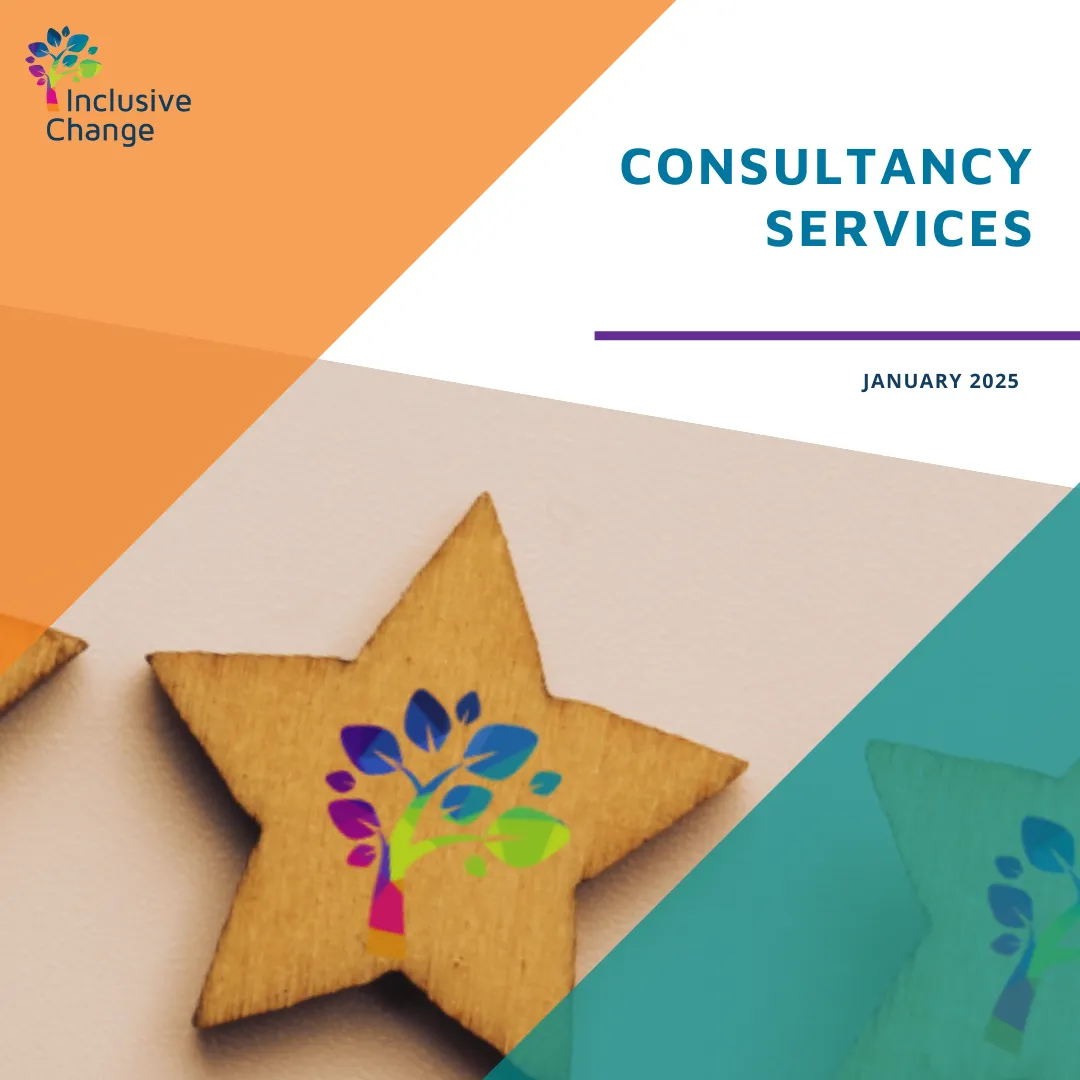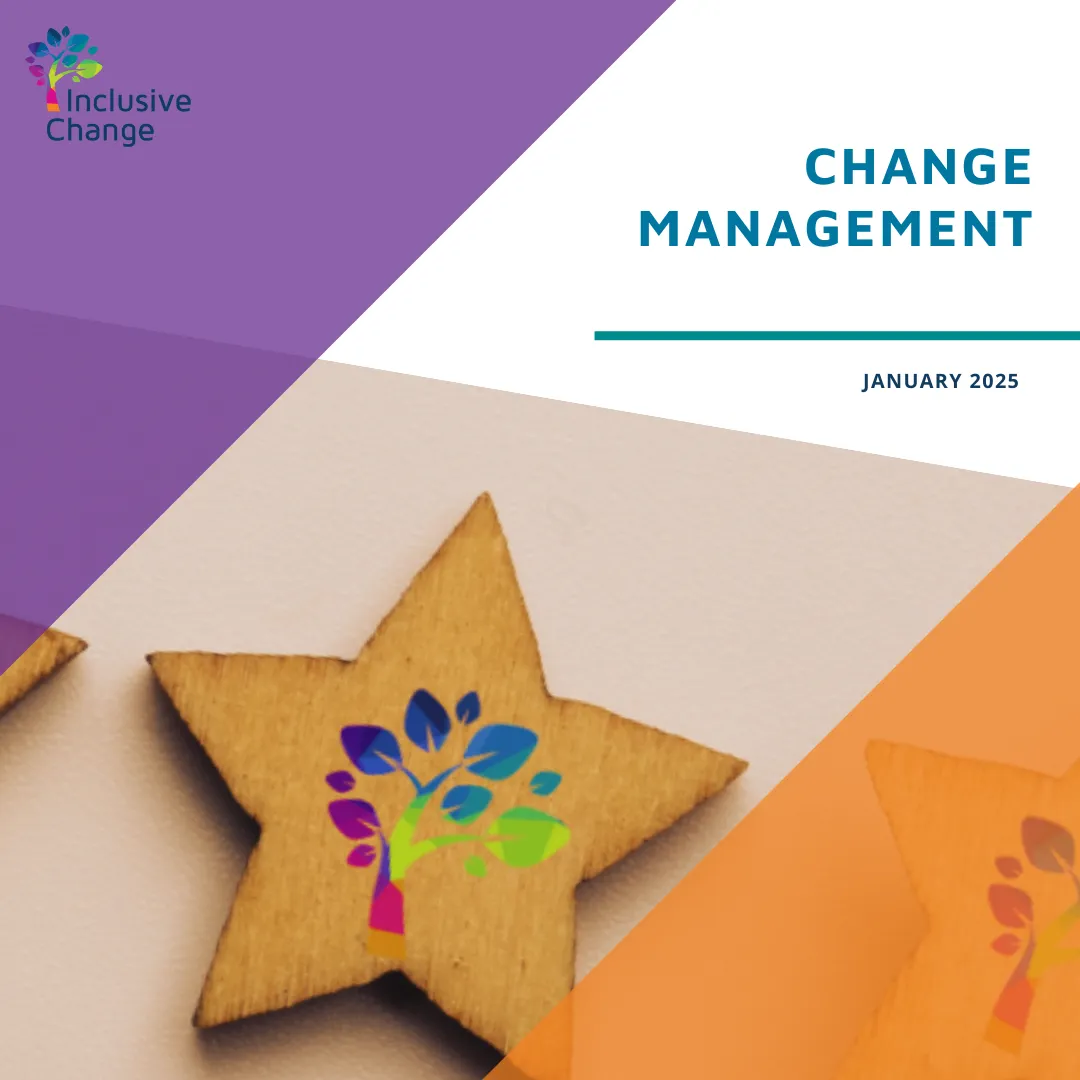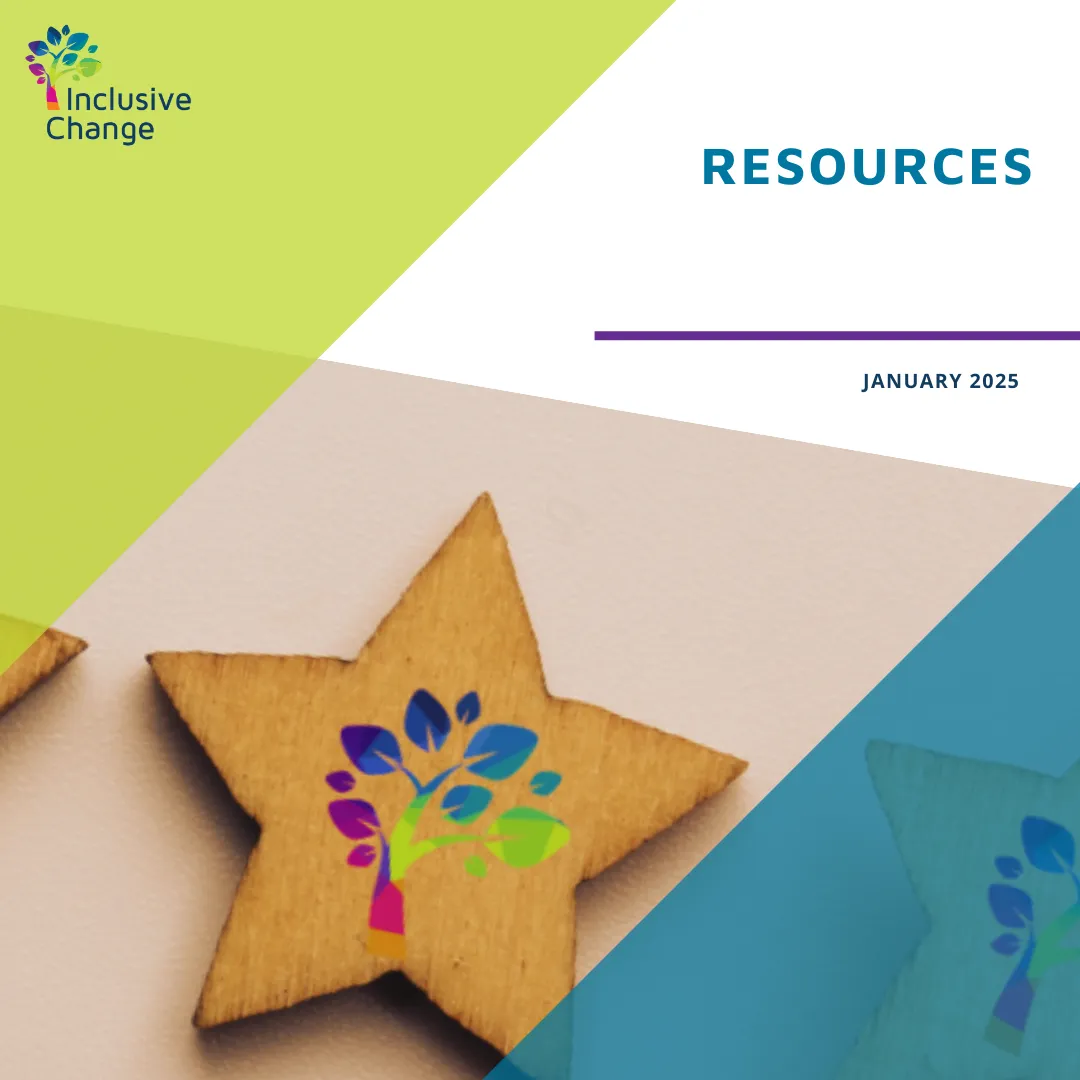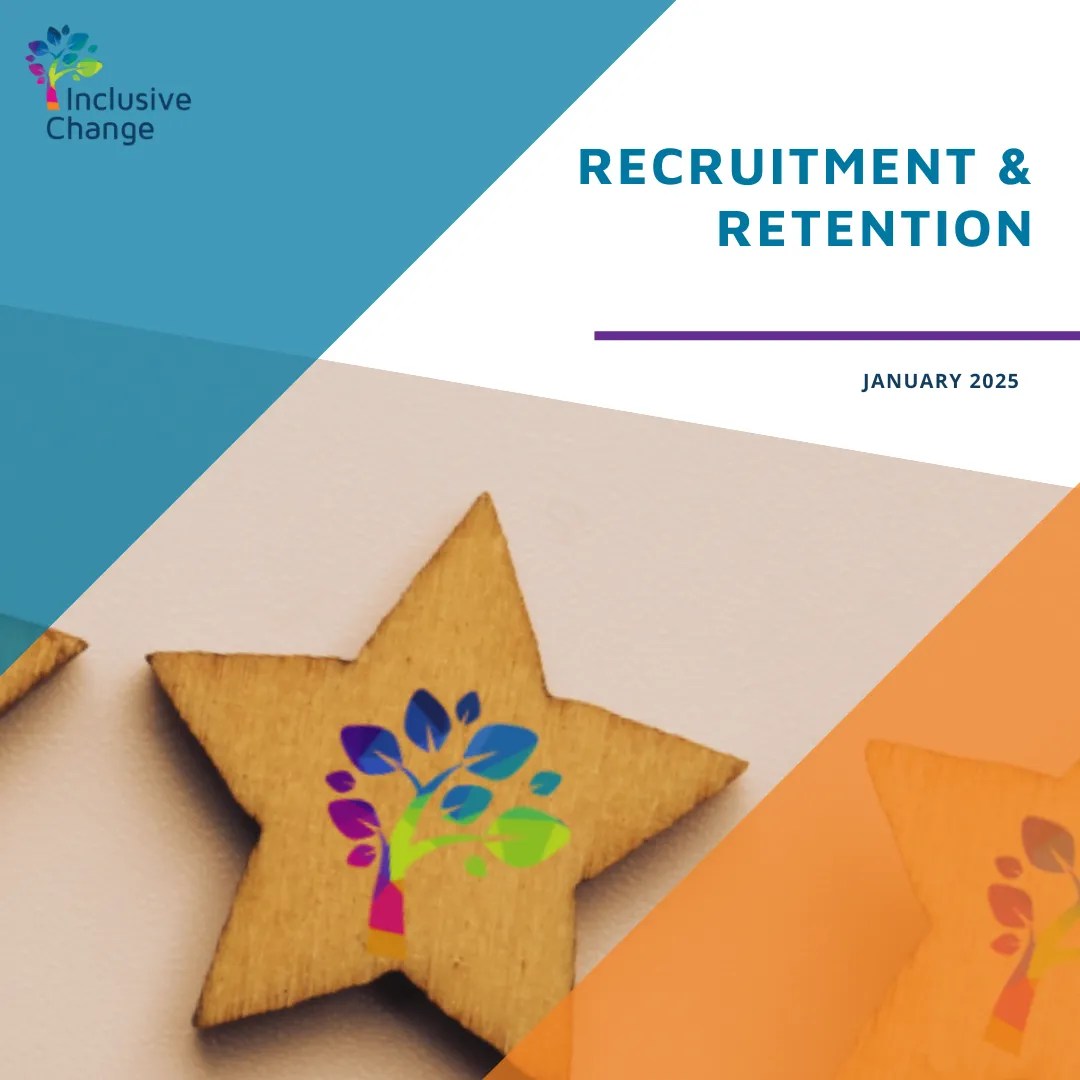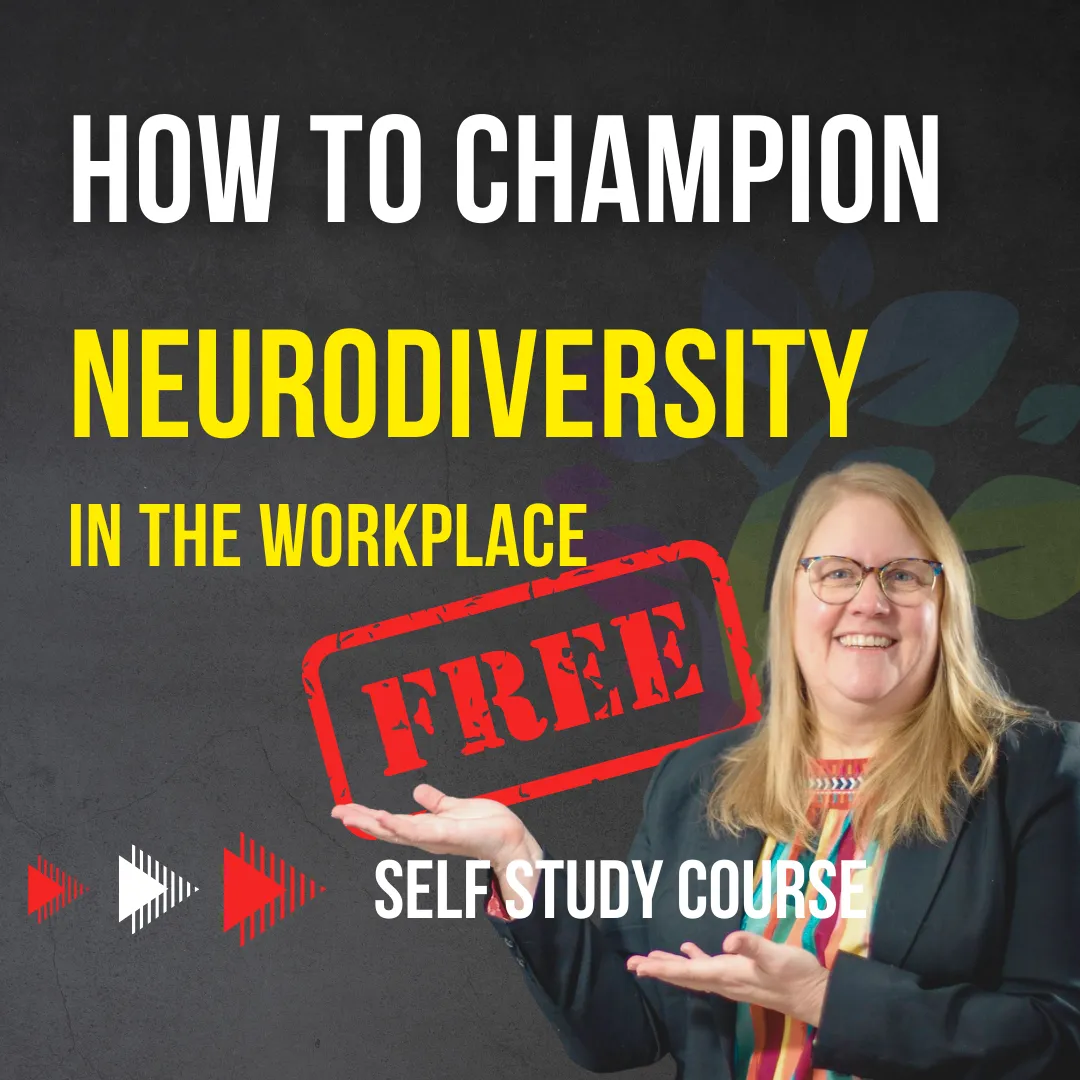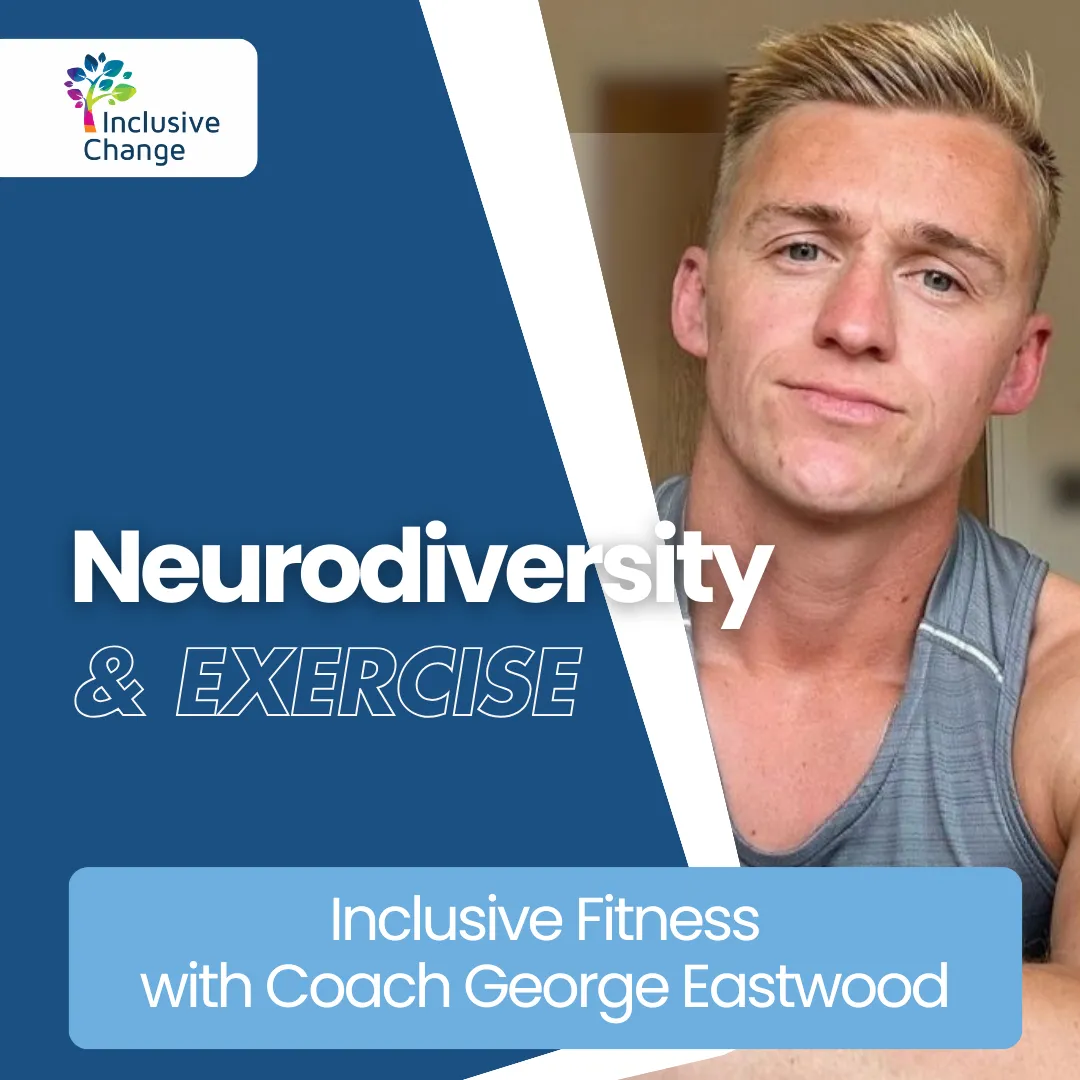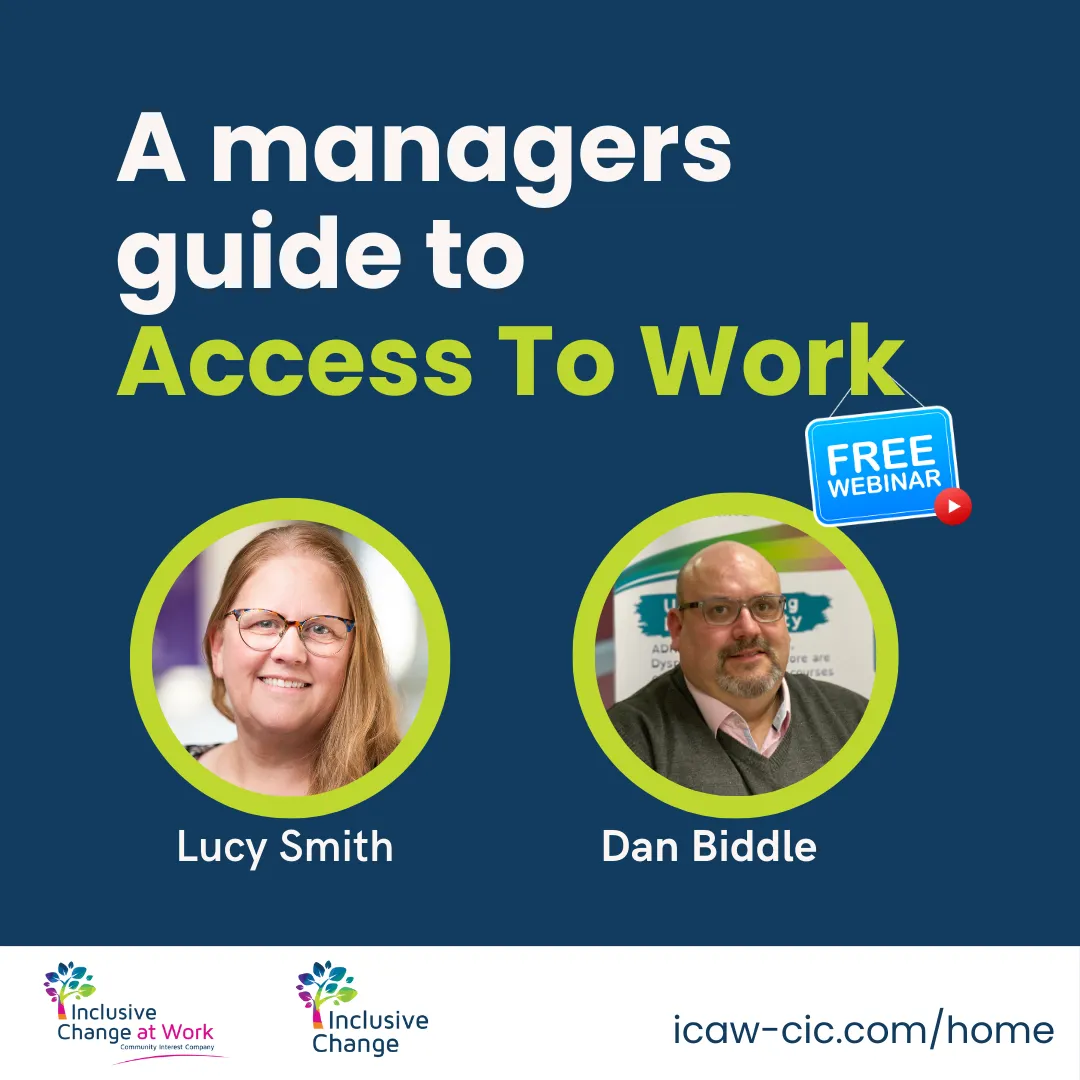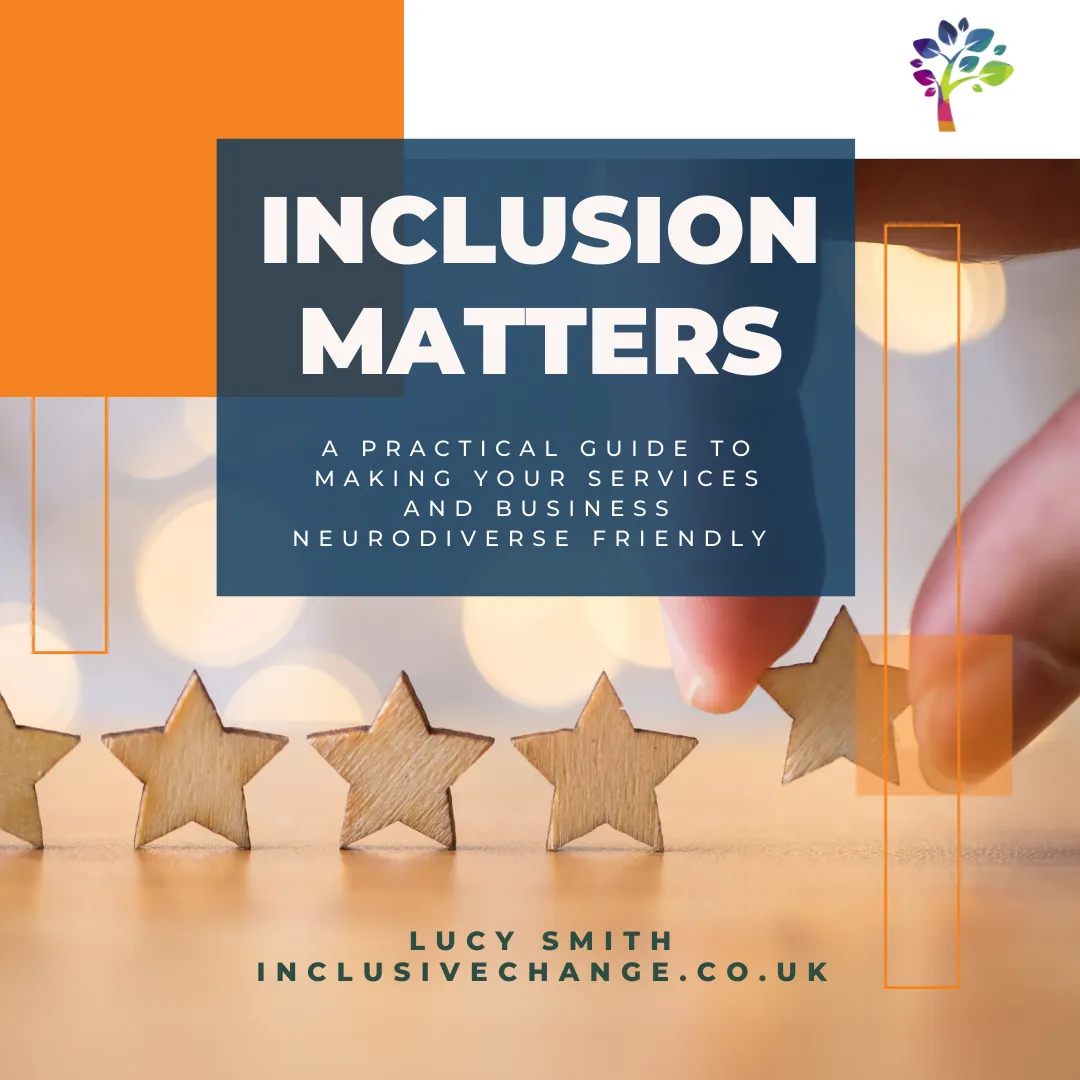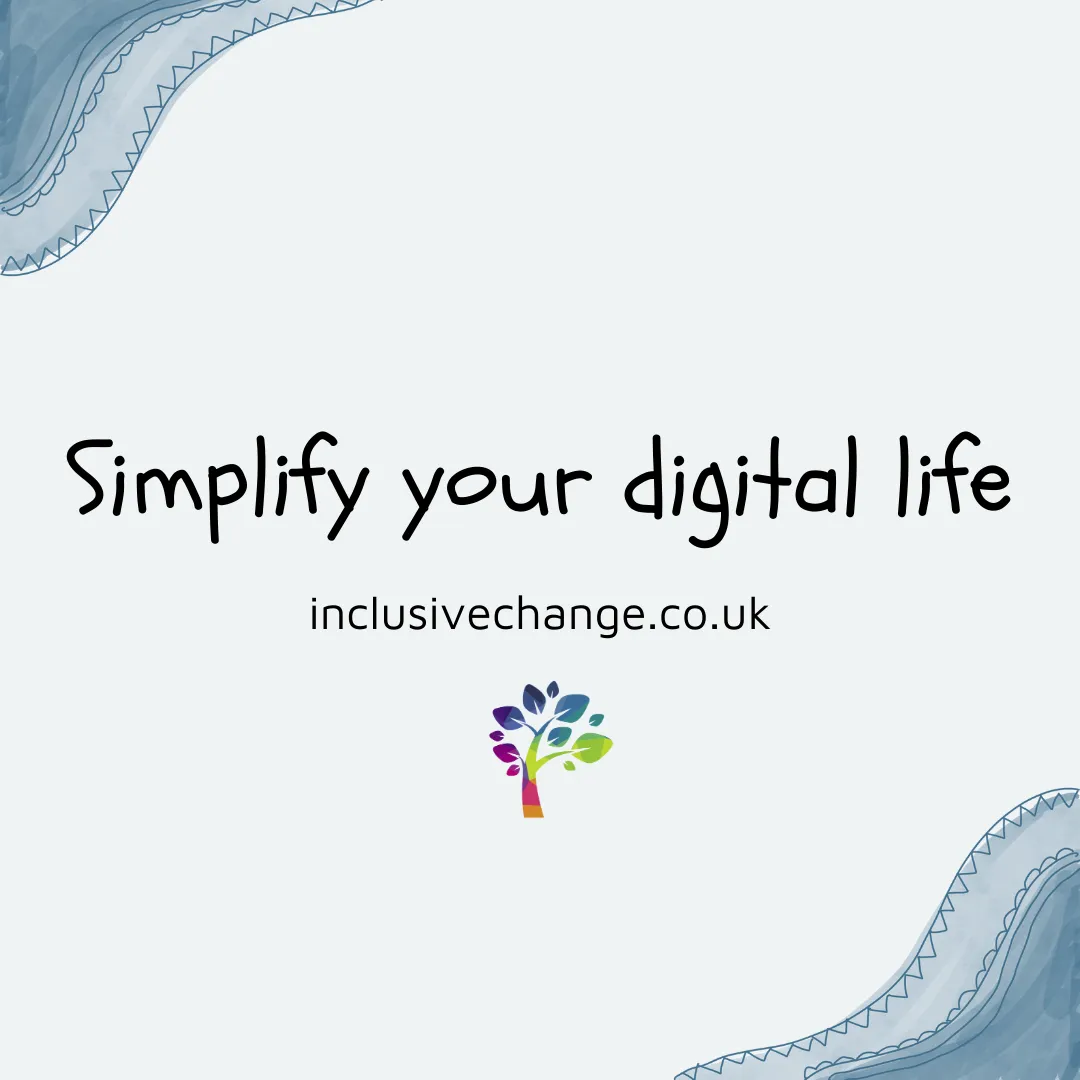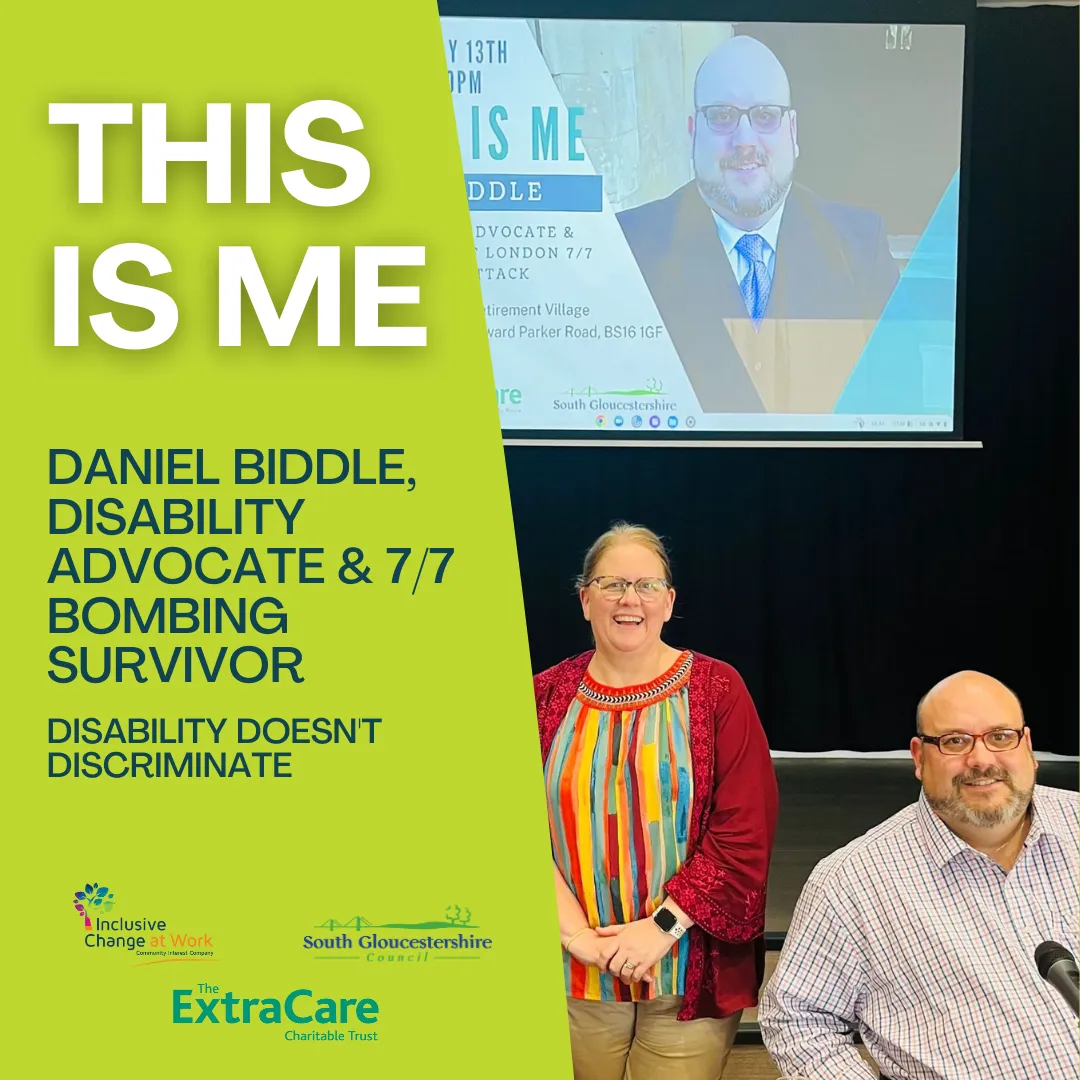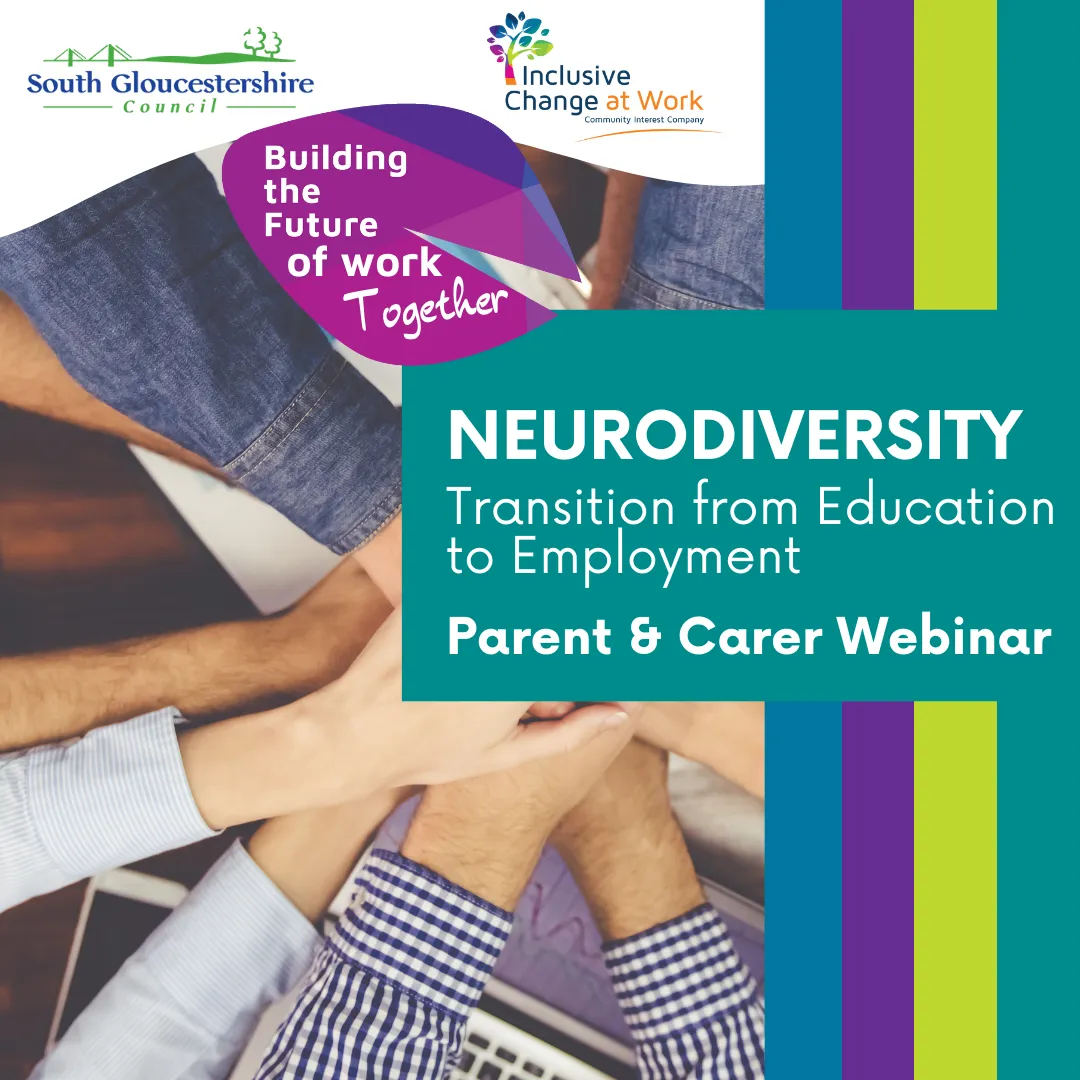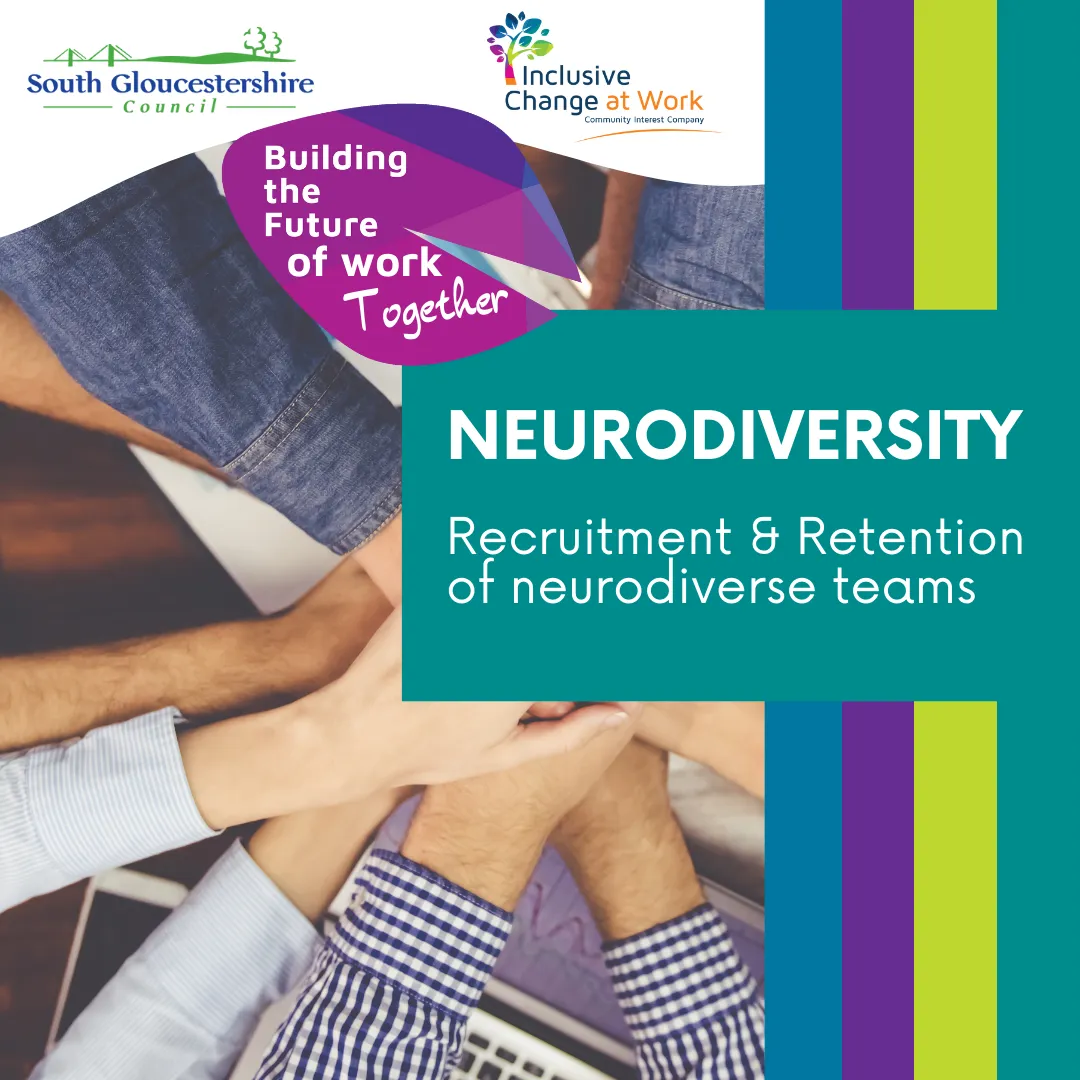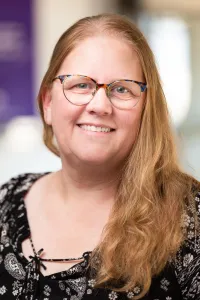Inclusive Change at Work
In the community
We want to thank you for attending our workshops in Emersons Green Village Hall, made possible with funding from Emersons Green Town Council. It has been wonderful to meet so many people and spark meaningful conversations about Inclusion.
We offer a variety of ways to collaborate and support your journey. Be sure to join our mailing list to stay informed about our latest projects, exclusive offers, and exciting initiatives.
To help you take your next steps, we’ve curated this page with valuable resources, insights, and new projects, designed to inspire and empower your conversations about neurodiversity. Dive in, explore, and Keep the Conversation Going!
A Recap of the Slides & Discussions
Let's Talk About Neurodiversity: Building an Inclusive Community Together
Date: 16th January 2025
Speaker: Lucy Smith
Key Takeaways From The Evening
Neurodiversity is Common but Overlooked – 1 in 7 people in the UK are neurodivergent, yet many face barriers in employment and inclusion.
Workplace Challenges Persist – Long assessment wait times, lack of disclosure (76%), and limited employer focus (49%) highlight the need for change.
Inclusive Workplaces Matter – Reasonable adjustments and open discussions help create supportive environments.
Younger Generations are Driving Change – 53% of Gen Z identify as neurodivergent, making inclusion more important than ever.
Action is Key – Safe spaces, advocacy, and meaningful support systems help neurodiverse communities thrive
Supporting Neurodivergent Families
Date: 30th January 2025
Speakers: Lucy Smith & SGPC
Key Takeaways From The Evening
Inclusive Spaces Foster Support – Creating environments where neurodivergent individuals feel safe and valued is essential for meaningful inclusion.
Resilience is Key – Building resilience through learning, coping strategies, and supportive frameworks helps neurodivergent families navigate challenges.
Workplace and Education Accessibility Matters – Reasonable adjustments in schools and workplaces ensure neurodivergent individuals can succeed without unnecessary barriers.
Open Dialogue Encourages Understanding – Safe spaces for discussion help break stigma, allowing neurodivergent individuals and allies to share experiences and seek support.
Ongoing Support and Resources Make a Difference – Access to helpful resources, events, and advocacy networks empowers neurodivergent communities to thrive.
Building the Future of Work With Neurodiversity in Mind
Date: 6th February 2025
Speakers: Lucy Smith & Andy Jackson
Key Takeaways From The Evening
Neuroinclusion is a Business Advantage – Embracing neurodiversity leads to increased innovation, productivity, and employee retention. Yet, many workplaces unintentionally create barriers for neurodivergent employees.
The Social Model of Disability Matters – Disability is not about the individual but the barriers in their environment. Simple workplace adjustments, like sensory-friendly spaces and flexible communication styles, can unlock neurodivergent talent.
Inclusion is Needed at Every Career Stage – From recruitment to promotion, neurodivergent employees face unique challenges. Clear job descriptions, structured onboarding, and strengths-based performance reviews help ensure fairness.
Recruitment & Progression Need Reform – Traditional hiring methods often exclude neurodivergent talent. Companies should prioritize skills-based hiring, alternative application methods, and clear promotion pathways.
Actionable Steps Make a Difference – Businesses should start by reviewing hiring practices, improving workplace accessibility, investing in mentorship, implementing inclusive policies, and increasing diverse representation
Menopause and Neurodiversity
Date: 20th February 2025
Speakers: Kirsty Brown, Fitness for Life, & Lucy Smith
Key Takeaways From The Evening
Menopause Can Intensify Neurodivergent Traits – Changes in hormones can amplify difficulties with memory, focus, sensory sensitivity, emotional regulation, and fatigue, making daily life more challenging.
Dopamine & Cognitive Support Are Crucial – Activities like exercise, music, creative outlets, and structured routines help maintain dopamine levels, while a diet rich in protein, omega-3s, and key micronutrients supports brain function.
Self-Regulation Strategies Help Manage Symptoms – Sensory tools, mindfulness techniques, and cognitive-behavioral strategies can help counteract brain fog, mood swings, and attention difficulties.
Hormonal & Cognitive Support Can Be Beneficial – Hormone Replacement Therapy (HRT) may help some individuals, while structured routines, planners, and reminders aid in managing cognitive challenges.
Community & Environmental Adjustments Matter – Reducing sensory overload, seeking peer support, and creating neuroinclusive workplace environments can improve well-being and productivity for neurodivergent individuals going through menopauseHere's some stuff
Digital Wellbeing for Young People
Date: 6th March 2025
Speakers: Lucy Smith & Emily Chittell
Key Takeaways From The Evening
The Impact of Digital Overuse – Excessive screen time, especially on social media, can negatively affect mental health, as seen in Owen’s experience of using their smartphone to escape emotions but ultimately worsening their mood.
Balancing Digital Consumption – It's important to be mindful of how digital tools influence our emotions and well-being, avoiding over-reliance on social media for coping.
Creating Digital Boundaries – Simplifying digital life can improve mental health, making space for healthier habits and real-world connections.
Support and Adjustments – Neurodivergent individuals may benefit from reasonable adjustments and access-to-work accommodations to create a more balanced digital experience.
Reasonable Adjustments and Access to Work for Neurodiverse Minds
Date: 20th March 2025
Speakers: Lucy Smith & Support Team
Key Takeaways From The Evening
Legal Obligation for Employers: Under the Equality Act 2010, employers must make reasonable adjustments to ensure that disabled employees are not at a substantial disadvantage in the workplace.
Defining Reasonable Adjustments: Adjustments can include changes to the workplace, working arrangements, task execution, or providing necessary support and equipment.
Disclosure and Employer Responsibility: Employees need to disclose their disabilities for employers to act on their duty to make adjustments. Employers are not obligated to assume or act on ambiguous signs of a disability.
Balancing Adjustments with Job Requirements: Adjustments should create fairness without lowering the essential standards of a role. Selection criteria should be inclusive but still maintain job integrity.
The Business and Cultural Benefits: Implementing reasonable adjustments fosters an inclusive workplace, reduces staff turnover, and leads to broader innovations that benefit all employees
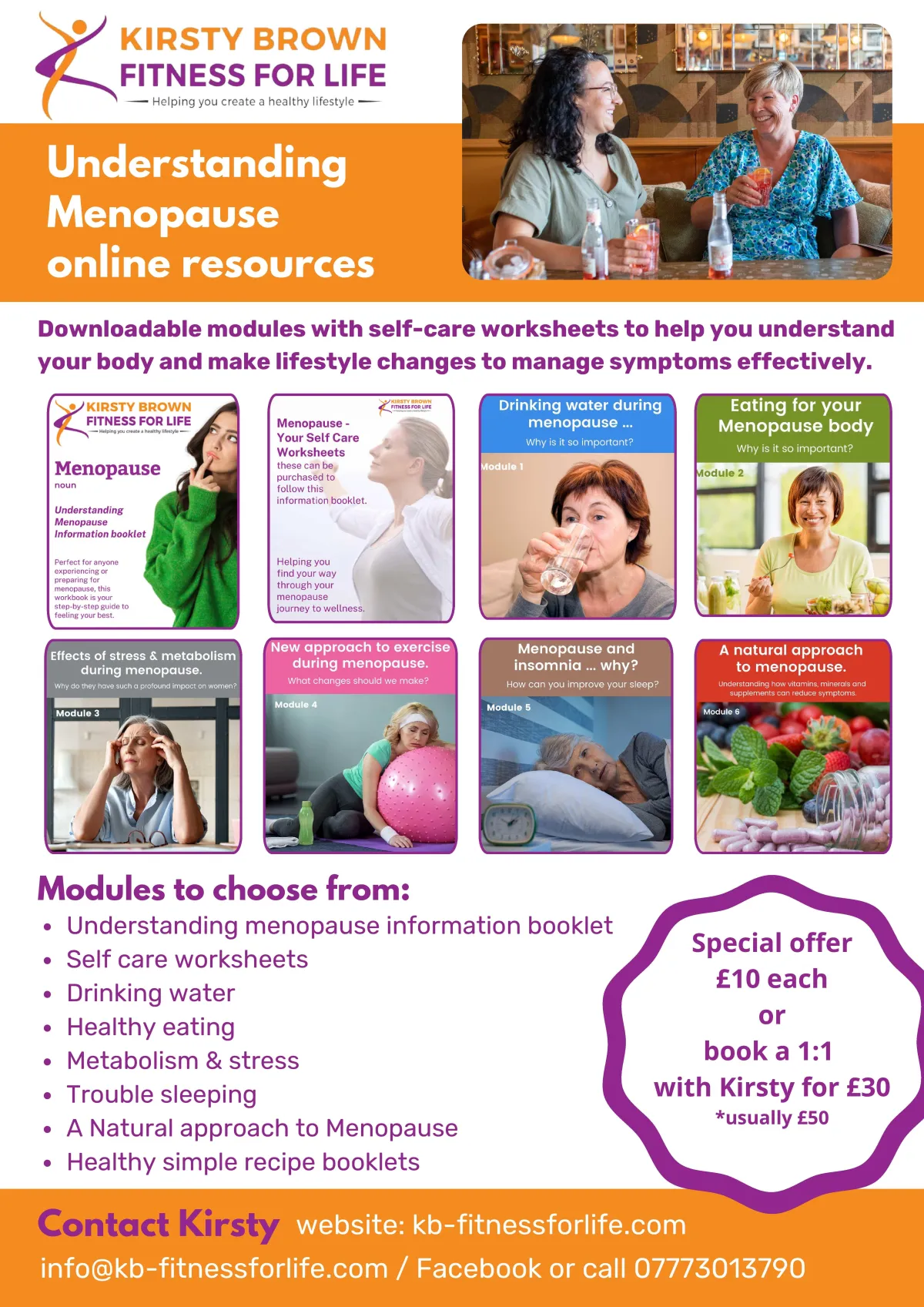
Recommended Groups and Services
Articles & Reports
30% More Productive: The ROI of a neurodiverse workforce - 2023
New data suggests that 15% to 20%
of the population may be neurodivergent – up from estimates of 5% to 10% just five years ago. This shift underscores the critical need for employers to broaden the horizons of their diversity, equity and inclusion (DEI) efforts to encompass neuro-inclusion
Half of neurodivergent employees miss work due to lack of support - March 2024
Half of neurodivergent employees have taken time off work due to their neurodivergence, a 5% rise from last year, according to City & Guilds’ Neurodiversity Index. The report also found that 36% received no workplace support, and 18% didn’t know where to seek help.
New Survey by The Harris Poll Reveals Workplace Stigma for Neurodivergent Employees - May 2024
Understood.org, a leading nonprofit empowering more than 70 million neurodivergent people who have learning and thinking differences, such as ADHD and dyslexia, today announced the results of a Harris Poll of over 2,000 U.S. adults ages 18+. The poll shines a light on the challenges and opportunities facing people with learning and thinking differences, such as ADHD, dyslexia, or dyscalculia, in the workplace.

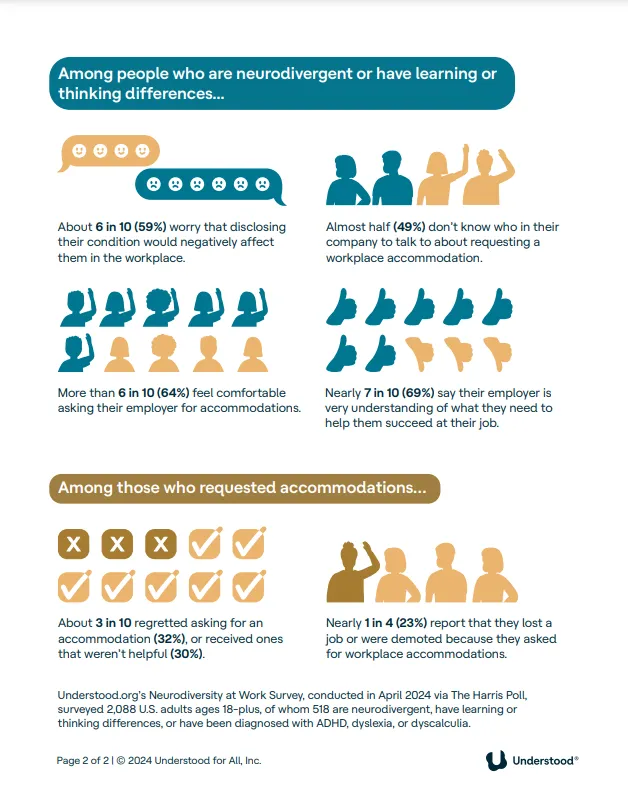
CIPD Neuroinclusion at work report 2024
The reality of neurodiversity means that every interaction at work takes place between people with different brains – yet, typically, very few organisations are thinking about neurodiversity or neuroinclusion. This represents a significant missed opportunity for organisations looking to address their key talent priorities at the same time as addressing inequalities at work faced by neurodivergent people
Meet Your Hosts and Expert
Speakers

Lucy Smith
Lucy is the founder of Inclusive Change and Inclusive Change at Work CIC. She has lived experience of neurodiversity and has been working in the area of neurodiversity for 6 years. Lucy combines a career in change management in internationally renowned organisations with experience in education to create thoughtful and inspiring training and consultancy services.
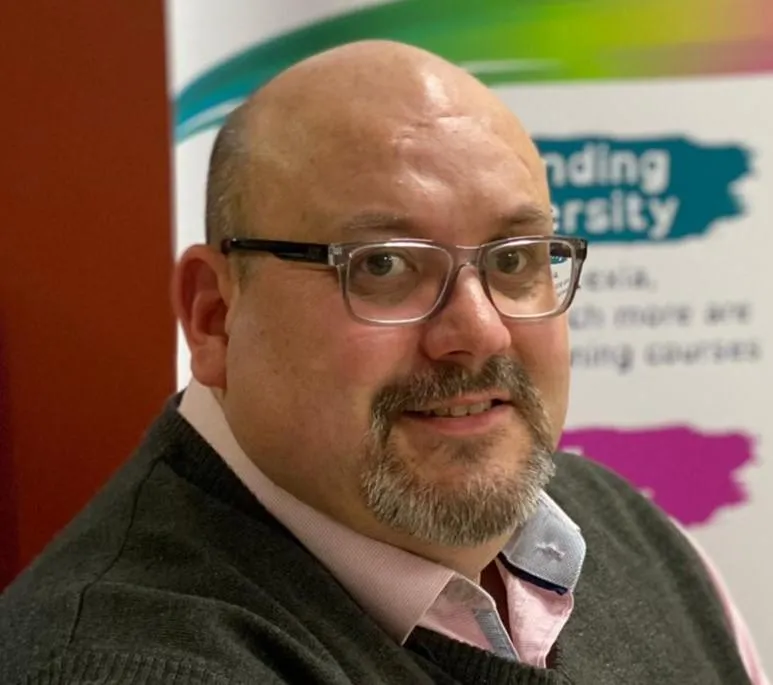
Daniel Biddle
Daniel is a highly experienced accessibility consultant with extensive experience of disability. Daniel has particular expertise in acquired disability, including acquired neurodiversity. He established the National Disability Employment & Advisory Service in 2022 and focuses on supporting neurodivergent young people & adults into employment.
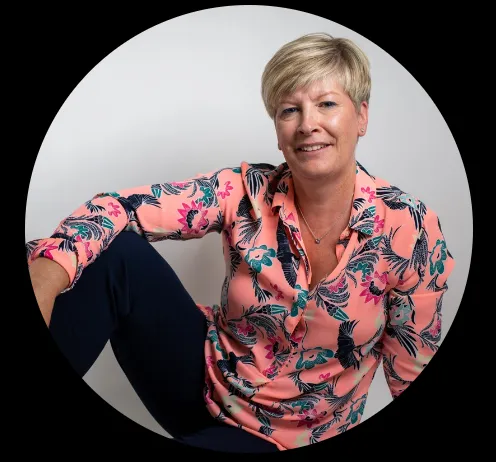
Kirsty Brown
Kirsty is a proactive, self-motivated individual with managerial experience in motivating teams and providing exemplary service. As a personal trainer and women's health coach, I use an empathetic approach to set and monitor achievable goals, adapting strategies to support clients through life's challenges. My expertise in menopause coaching includes workshops that empower women to confidently make lifestyle changes and navigate difficult times.

Vicky Henderson
Vicky is a multi-award-winning coach, mentor, speaker and trainer. She specialises in working with young people (11-24yrs) helping them grow in confidence, feel happy and generate hope and excitement for a better future.
In addition to working with young people, Vicky also works with parents, schools and employers, to ensure that all young people are afforded the support and help they need to thrive.

Andy Jackson
Andy is a Non-Executive Director of Inclusive Change at Work CIC, as well as an entrepreneurial and leadership coach and a dedicated advocate for neurodivergent individuals.
As a parent to a young adult navigating life with undiagnosed neurodivergence, Andy brings both professional expertise and personal insight to their work.
A skilled coach, facilitator, and trainer, Andy is passionate about enhancing organisational performance and supporting teams to thrive.
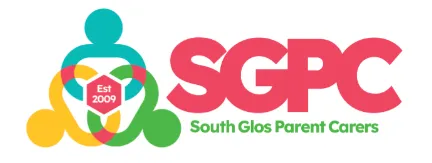
South Glos Parent Carers
South Glos Parent Carers (SGPC), the local parent carer forum that represents & supports parent carers of children and young people with Special Education Needs and Disabilities (SEND) in South Gloucestershire. Driven by a desire to make a difference for every SEND family in South Gloucestershire, SGPC attend meetings across the education, health and social care sectors to ensure service providers understand the challenges families face, so that positive changes can be made. SGPC also offer support to parent carers, via online and drop-in support sessions as well as workshops on a range of SEND topics. The SGPC team are all parent carers themselves, so they truly understand the SEND journey & challenges. From their personal experiences & those of their community, they have gained valuable insight, information and a wealth of SEND knowledge.
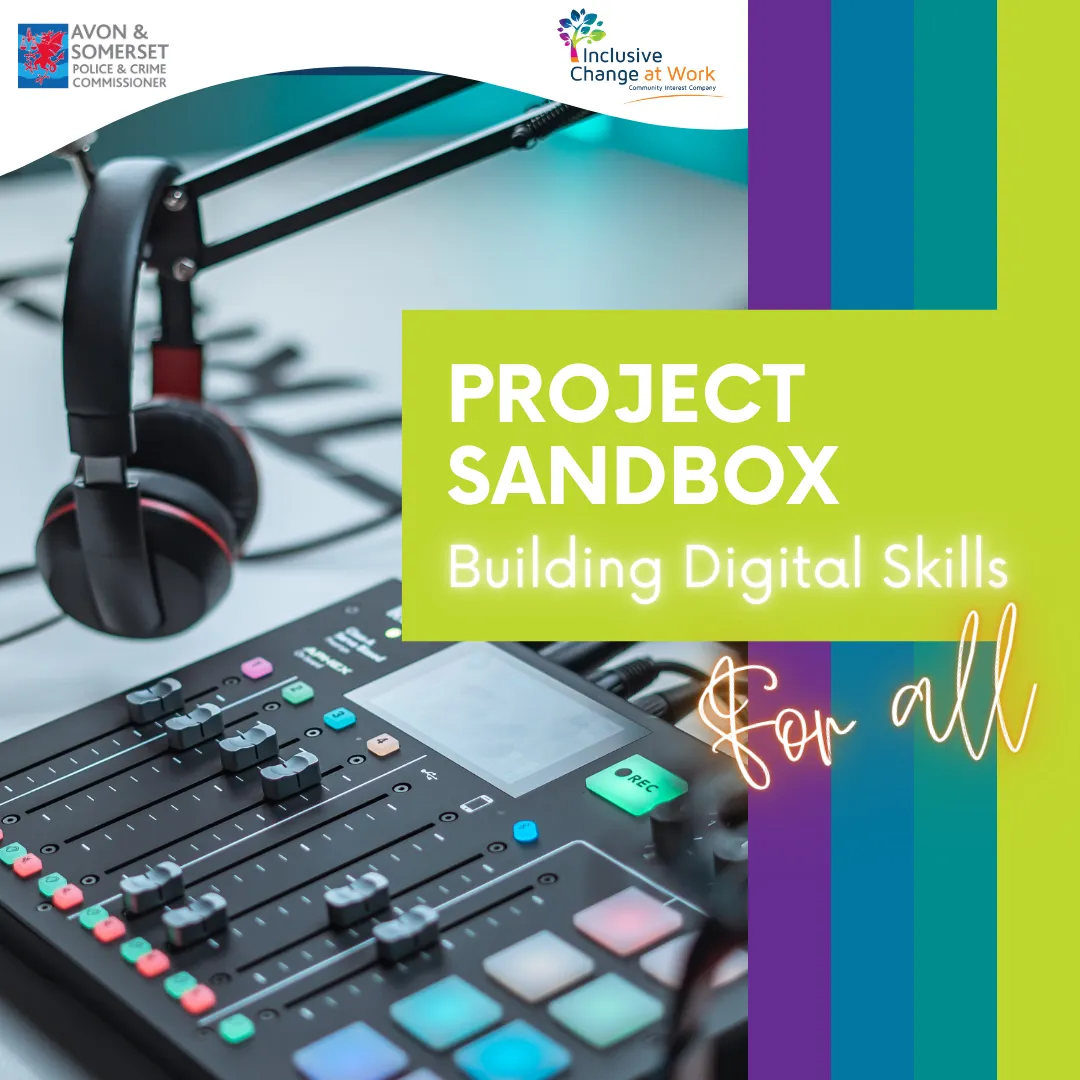
Discover Project Sandbox: Shaping a Safer Digital Future
Inclusive Change at Work CIC proudly presents
Project Sandbox, a ground-breaking initiative designed to champion digital safety and disability inclusion.
In collaboration with the Avon & Somerset Police & Crime Commissioner, we’re creating an engaging series of podcast and radio episodes that dive deep into building safer digital spaces for disabled and neurodivergent individuals.
We invite you to be part of this important conversation and join us in driving meaningful change.
Stay tuned, get involved, and let’s make the digital world a place for everyone.
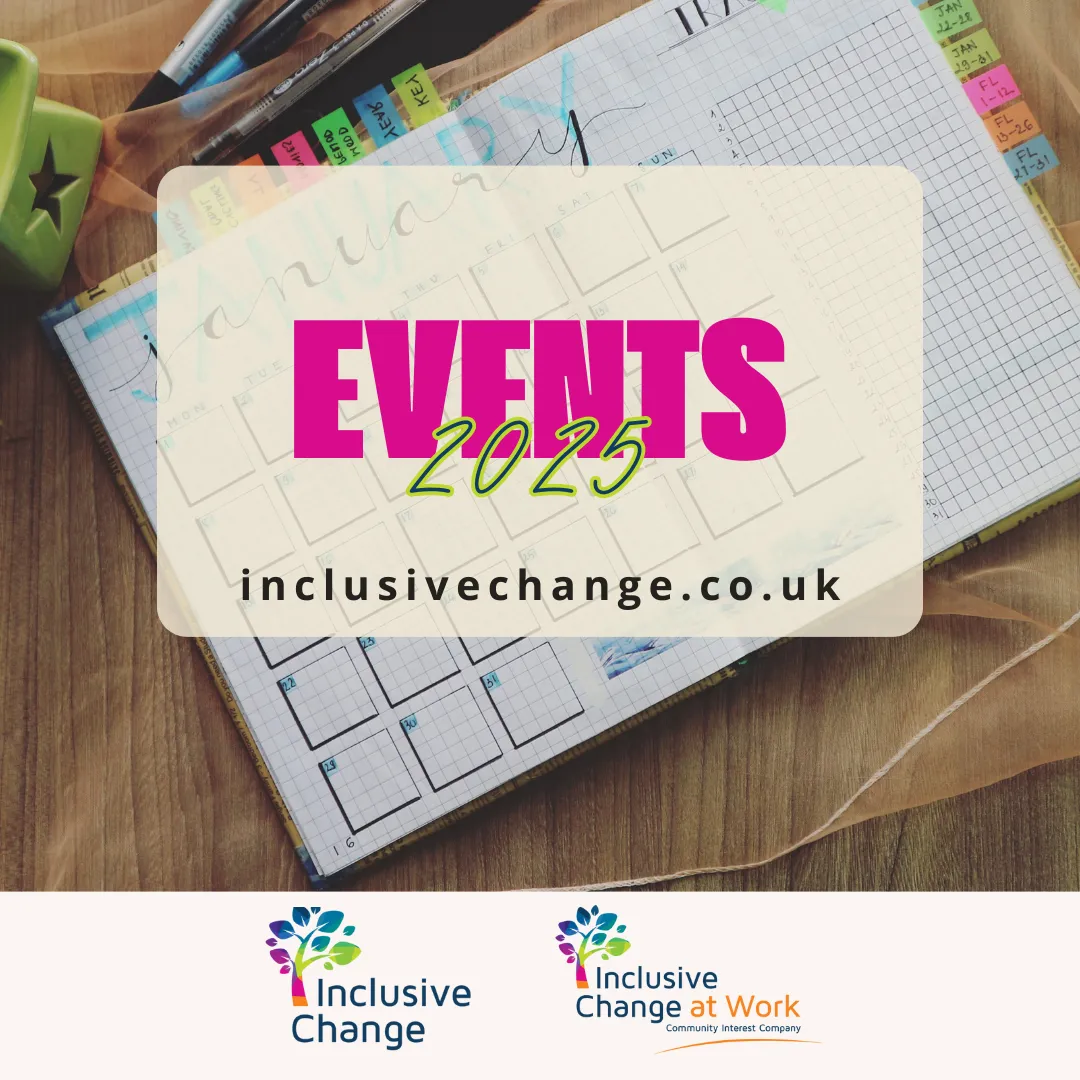
Important Dates in Our Calendar
June 2025
2nd - Understanding & Empowering ND in Sport - Glos. F.A
9th-10th - Festival of Sustainable Business - Bristol Beacon
12th - F'Up Exeter - The Bootlegger, Exeter
July 2025
22nd - F'Up Bristol - The Square Club, Clifton
Free Resources - Guides, Webinars & Courses
Check Out Our Latest Blog Posts
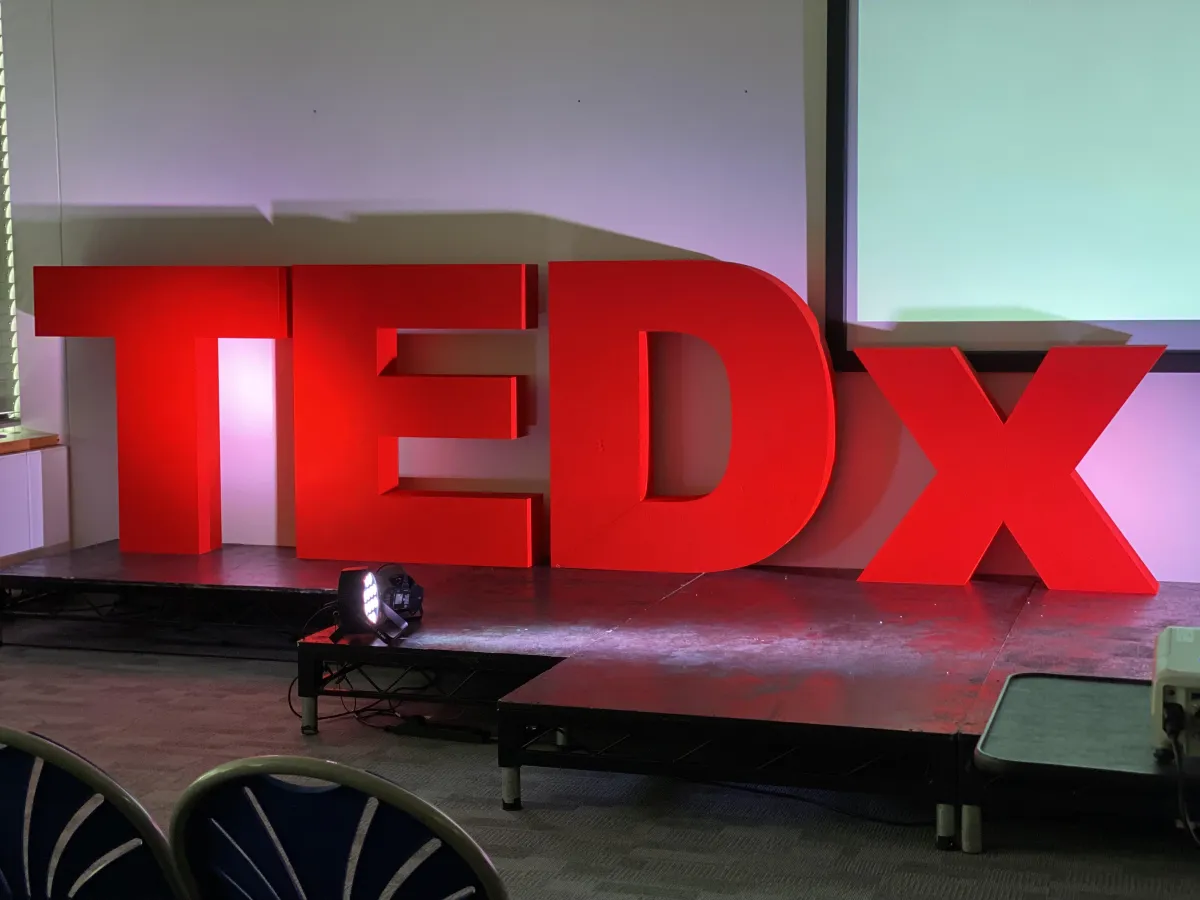
How To Anchor Yourselves In Hard Times - TED Talk

Some of my fellow Tedx Speakers at UWE, Bristol
In April 2024, I was lucky enough to be chosen to deliver a Tedx Talk at UWE Bristol. Hosted by the Students' Union, the event centred on the theme 'Ripples of Change'. Speakers came from all over the world to take the stage and deliver their engaging and thought-provoking talks on a range of topics aligned with the theme. The roster of incredible speakers covered a spectrum of topics, from understanding 'selfhood', which introduced me to the term 'Flat Muffin' - to overcoming addiction and advocating healthy workplaces, all the way to the dismantling of child trafficking networks.
I must admit, I felt a bit out of my depth. I was listening to the speakers before me and became very nervous. By the time it was my chance to be mic'd up, I was not just anxious but had full on stage fright the instant I set foot on the iconic red circle on the stage.
You can watch my Ted Talk in the video below, but I know that I forgot to say much of what I had intended to - in the moment, it just went 'poof' out of my head. Nevertheless, I managed to deliver a good enough talk, but I wish I had done better.
So, because I had actually written my talk beforehand, I've adapted it into this blog. With the working title:
When is a Wagon Wheel an Anchor?
In 2019 I broke, I literally broke. At the time, I was in my late 40s, with a great career, having done some of the most exciting jobs you can imagine. I left my job and career (maybe a little impulsively) - I just felt like I couldn't go on anymore; work was impossible at that time.
Four years earlier, in 2015, my 9-year-old daughter approached me with a confession I never expected from someone of her age.
She said that felt like an alien in this world and had just attempted to take her own life.
Can you imagine that? Perhaps you don't need to because you've been through something similar. I hope not, but my experience tells me that more people than you realize have similar tales but aren't always comfortable sharing.
An Emotional Rollercoaster
As you may well imagine, this plunged me and my husband, her dad, right into an emotional rollercoaster. What were we supposed to do? What should we say? We couldn't let her see us cry - or should we cry with her? How on earth were we supposed to help her?
As a professional change manager, I would describe this rollercoaster as The Change Curve - a ride with so many ups and downs that it rivals a theme park. In reality, it was probably the hardest and darkest time in our lives, or quite simply, a really shitty time.
The Change Curve - if you haven't heard of it - is a theory positing that people experience a range of emotions when faced with change.
Originally, Elizabeth Kübler-Ross wrote about this theory in 1969 in her book 'On Death & Dying'. It was intended to help understand the processing of emotions by terminally ill patients, but now, this model is widely discussed in the world of change management.
The Stages of the Change Curve:
The stages are: Shock & Denial, Anger, Bargaining, Depression, and Acceptance & Integration.
There are sometimes slightly different iterations, but that's basically what it is. You could apply it in many situations: reactions to grief, a medical diagnosis, redundancy, a restructure, a divorce, and more. I've personally used it in digital transformation projects and a whole range of change programmes.
At each of the stages you will see and hear different things. As I explain these you may recognise your own reactions to change:
Shock & Denial - "are you sure that's what happened?"
Anger - to yourself, to others, the situation: "why us?" or "why didn't anyone see this earlier?"
Bargaining - finding ways out: "if we could just..." or "I need this to happen."
Depression - not everyone gets here but when you do it's about despair: "I can't go on." or "I have no hope for the future."
Acceptance & Integration - this is when we come to terms with things and move forward: "let's do this" or "I am going to be okay."
What happened to us?
Back to 2015. Now, can you imagine what happened to our family at that time? We were most certainly in shock...
I mean, our 9-year-old had just told us she tried to take her own life.
There's a part of this theory that shock and denial help at this stage to suppress some of the incredibly difficult feelings you will need to process later. But being suppressed means you can literally just 'keep going' for a period of time.
In our case, we had to do what we could to help her. We found ourselves in a world of SEND, having conversations with teachers and professionals about her mental health. I was in shock for quite a while.
But we had to research, find help, talk to people, and get her to talk to people - not at all easy with a young, anxious, and depressed little girl!
When The Waves Get Rocky - We Need Anchors
Now, this is when our anchors were vital. You see, when coping with change - whether personal or at work - something that can help us stay steady are our anchors.
Anchors can hold you back from moving forward, but they can also keep you stable. While everything around you is changing, and the ripples of change turn into crashing waves or a force 10 gale, anchors can hold on too tight, taking you down and drowning you in the waves.
Sometimes we need to figure out which anchors to hold on to and which ones to release.
An anchor could be a routine, a physical object, a friendship, faith, a hobby, or even a TV program or film you watch daily. In the workplace, anchors are found in culture, relationships, or processes. I have known a simple plant pot to be an anchor,, and never underestimate the significance of a desk space as an anchor.
The title of this talk is inspired by a conversation about anchors and what they can be - a conversation that recounted yet another emotional tale of a young adult who tragically lost both parents and now visits his grandparents daily where he has a Wagon Wheel - a chocolate-covered biscuit, with marshmallow and jam. That Wagon Wheel - and the daily visit - is their anchor,
At that time, my anchors were my family - we are lucky that we are such a strong family, including my husband, my mum and my stepdad, and my mother-in-law. Another anchor was school and my work.
We each have our own journey of change
Fast forward two years and to a completely different TED Talk topic about navigating support for mental health in young children, we were lucky to get the news that she is autistic. It was a relief, validating so much of what had been happening.
By this time, she was eleven and about to transition into secondary school.
And guess what? We were thrown right back into The Change Curve, definitely reverting back to denial. When my daughter was told about her diagnosis at an appointment, her response was "What are you talking about? I haven't got Alzheimer's; my memory is perfectly fine!" And to be fair, it really is!
It took her a while to get through her own Change Curve, which brought with it a whole heap of mental health challenges as a teenager - a story that is all too common.
For me, I fought a lot and remember often saying "my mission is to get my children through their teenage years alive - and that might conflict with society's norms and expectations'. As a family, we coped for the next two years, battling to get support, fighting for education and therapies, but all of a sudden, I felt broken. And that's where we started, wasn't it?
What Happens When Your Anchors Are No Longer There?
Now, I can look back and see that most of my anchors had vanished.
School - my daughter was no longer going to school, and my son was on the verge of transitioning to secondary school.
Family - my mother-in-law was struggling with memory loss, and our son, recently diagnosed as autistic, began to struggle with his mental health.
Work - I had switched from a career I loved, and my husband was facing redundancy once again.
At the time, I failed to recognise the needed to set down new anchors because I was adrift. When you lose your anchors, seeking help can be vital, and I can empathetically recommend therapy for that purpose. It prompted me to confront questions I hadn't had the chance to ask myself because I was probably still in shock, not having taken the time to process my emotions and responses. When I finally did, it was...well, it was emotional.
Sometimes You Need to Let Go of Your Anchors
I let go of some of the anchors that were holding me back at the time - I left employment and set up my own business. I had no clue how it was going to develop, but it has become an incredible anchor, not just for me but also for others.
I let go of my values about school and education, and my children reaped the benefits. Alternative Provision, with the support of different professionals, gave us what we needed - but I can tell you, it wasn't what I wanted at the time.
I found those anchors, and they helped me navigate the Change Curve once again to full-on acceptance and integration - to where we are today.
And now? Well, the water's aren't so choppy anymore. The anchors are in place, but I hardly notice them, even though I do recognise them. My children are thriving. They are always going to be autistic, but they have support in place and have great futures ahead of them.
Not least, they are HAPPY.
Find Your Anchors
And right now, I wouldn't change what has happened to us; I am thankful that we have a family full of autism and neurodiversity, and we are firmly in a space where we are now able to help others manage change. That's why I am here today - because talking about my experience, I hope, will help others see hope and find a way through their own journey.
Throughout the many experiences you will have in your life, when the ripples turn to waves, find your anchors, use them, and let them hold you steady before you move forward.
Inclusive Change At Work CiC
Bradbury House
Wheatfield Road
Bradley Stoke
Bristol
BS32 9DB
Companies House: 13271923
ICO registration: ZZB293922
UK register of Learning providers
UKRLP: 10090653
